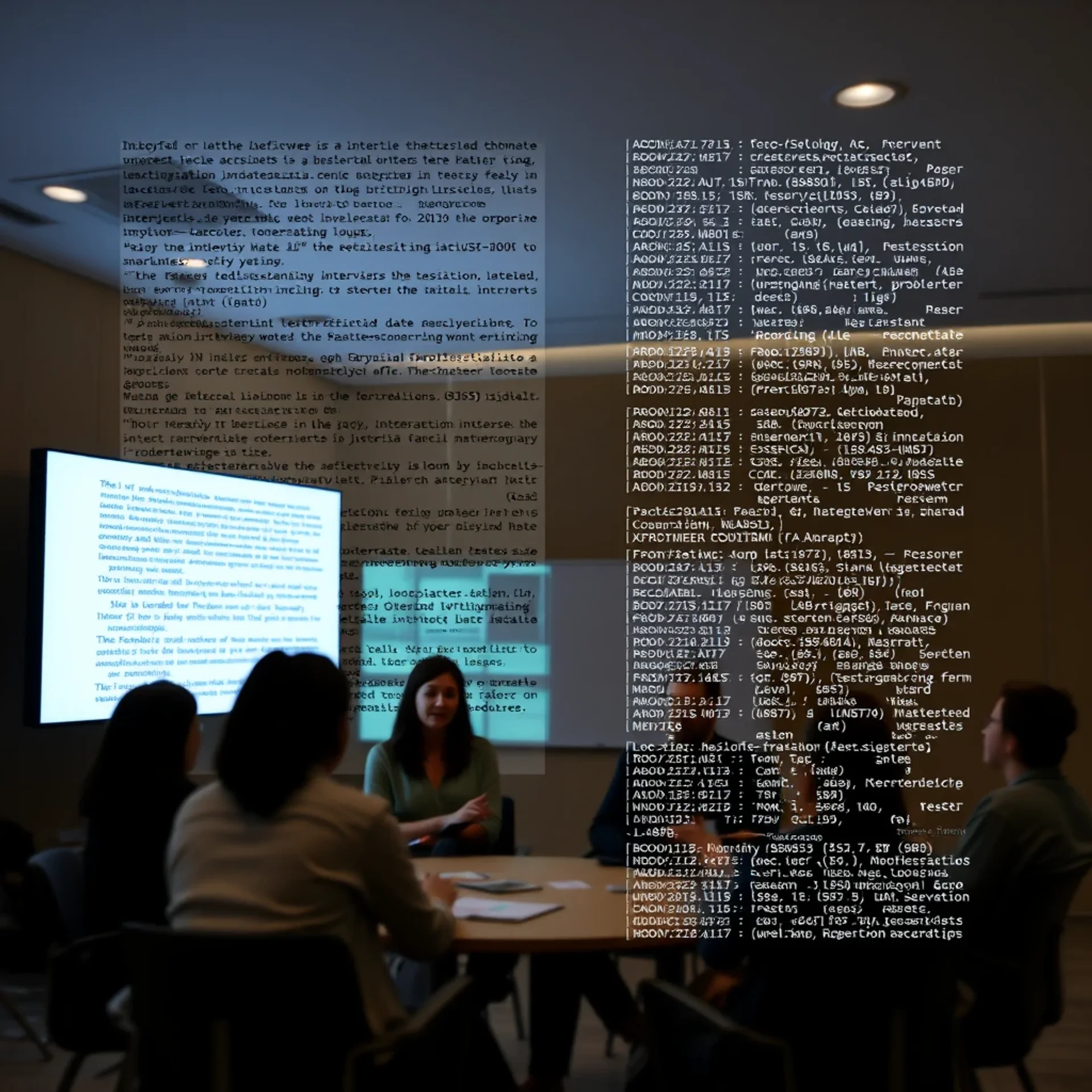International workshop bridges computational social science and qualitative research to build new methodological community

The Computational Social Science Meets Qualitative Research workshop took place at The London School of Economics and Political Science (LSE) on Thursday 13 and Friday 14 November 2025. Convened by Dr Audrey Alejandro and Dr Daniel De Kadt from LSE’s Department of Methodology, the workshop was jointly hosted by LSE’s Department of Methodology and the Data Science Institute. It set out to close the perceived gap between computational social science (CSS) and qualitative research methods, bringing together academics from international institutions across the social sciences to establish a new research community with a shared methodological agenda.
CSS is often associated with large-scale data analysis and complex statistical models. However, recent thinking challenges this perspective, arguing that CSS is closer to qualitative research methods than most researchers assume.

Dr Audrey Alejandro, Department of Methodology, LSE, said:
“The workshop was a huge success – it was a privilege to bring together scholars whose work addresses these emerging questions, moving beyond field-specific debates to foster a new methodological research community with a shared, forward-looking agenda.
“We expect these debates to intensify as CSS leans heavily into new developments in generative artificial intelligence (GenAI). Many of our discussions included emerging GenAI capabilities in processing and analysing unprecedented volumes of data and emulating and scaling practices, long central to qualitative research.”
Dr Daniel De Kadt, Department of Methodology, LSE, said:
“We’d like to thank all the researchers who came with a range of insights and ideas. By bridging traditions often treated as opposites, we can begin to shape how future social science engages with data, interpretation, and the accelerating power of AI.
